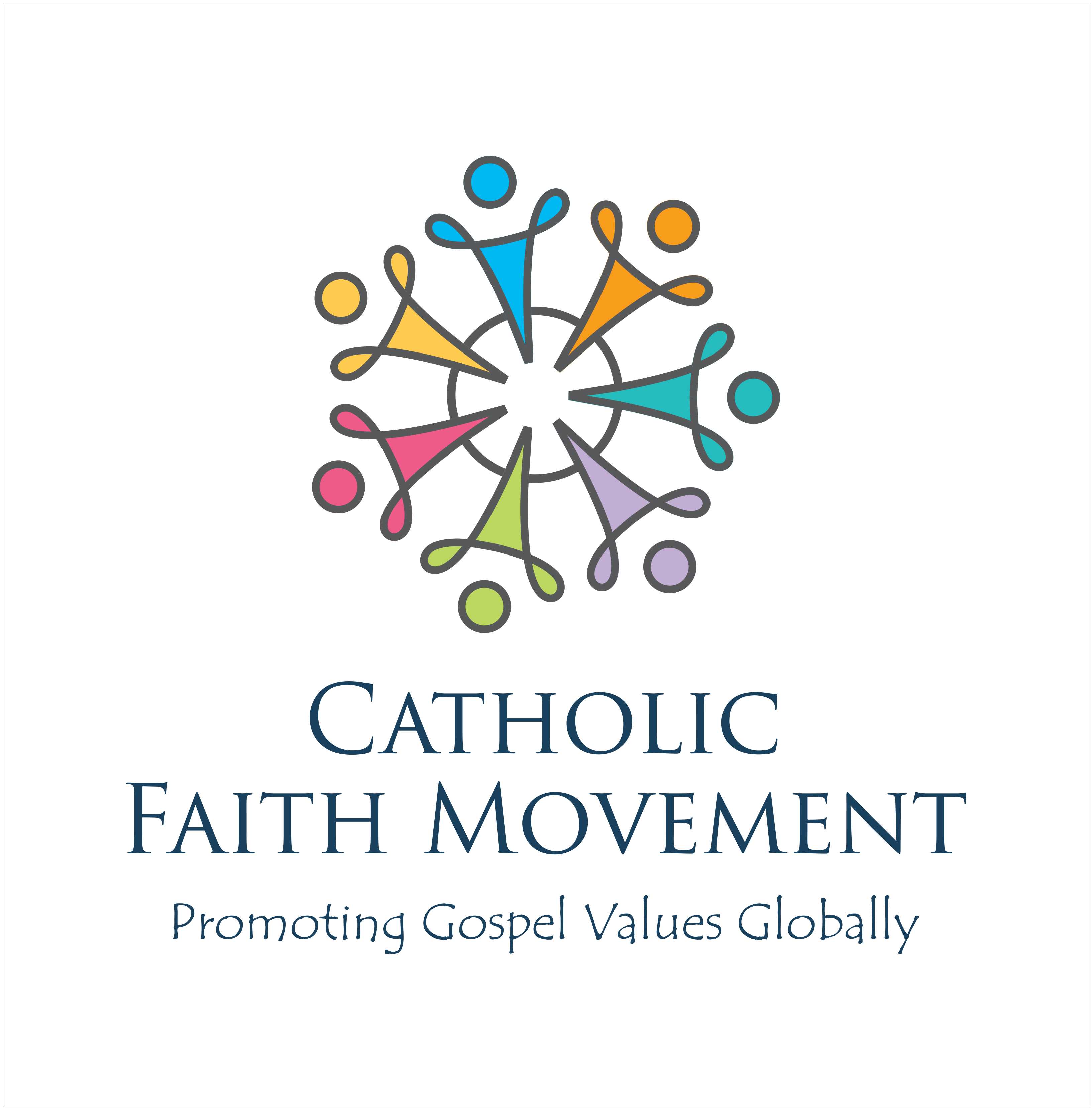Catholicism is a rich and diverse reality. It is a Christian tradition, a way of life, and a community. That is to say, it is comprised of faith, theologies, and doctrines and is characterized by specific liturgical, ethical, and spiritual orientations and behaviors; at the same time, it is a people, or cluster of peoples, with a particular history. The word Catholic is derived from the Greek adjective, katholikos, meaning "universal," and from the adverbial phrase, kath' holou, meaning "on the whole." The term was first used by St. Ignatius of Antioch (d.c.107) in his Letter to the Smyrnæans: "Where the bishop is to be seen, there let all his people be; just as wherever Jesus Christ is present, we have the catholic Church" (n.8). Ever since the Reformation, the word has commonly been used in opposition to Protestant, but its real opposite is sectarian, which pertains to a part of the Church that has separated itself off from the worldwide Church and, to some extent, from the world itself. Thus, St. Augustine (d. 430) contrasted the separatist and sectarian movements of his time, especially Donatism in North Africa, with the Catholic Church that is both universal and orthodox in its faith.
Resources
Meaning of the Name

